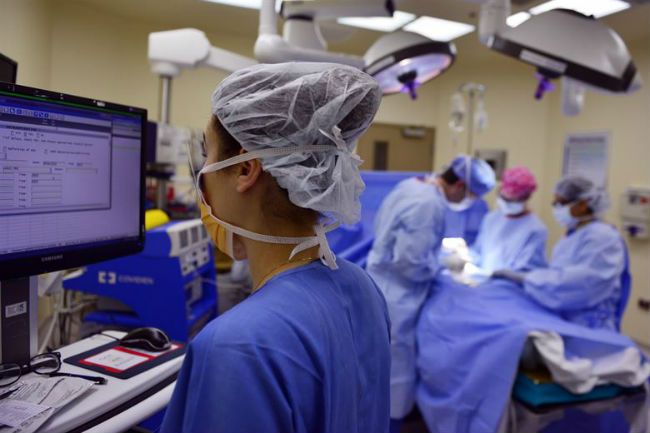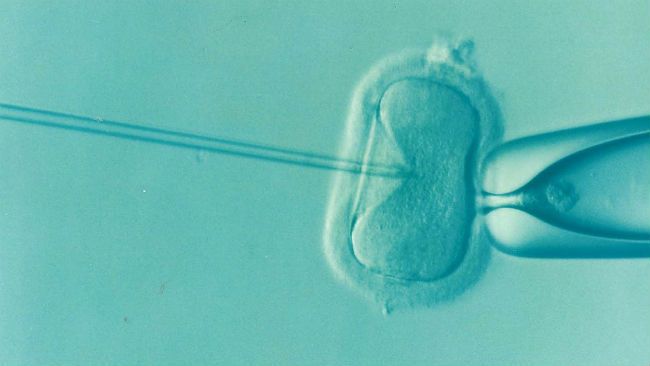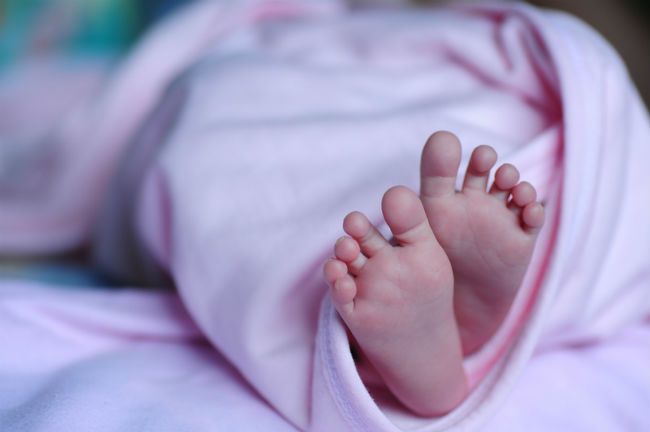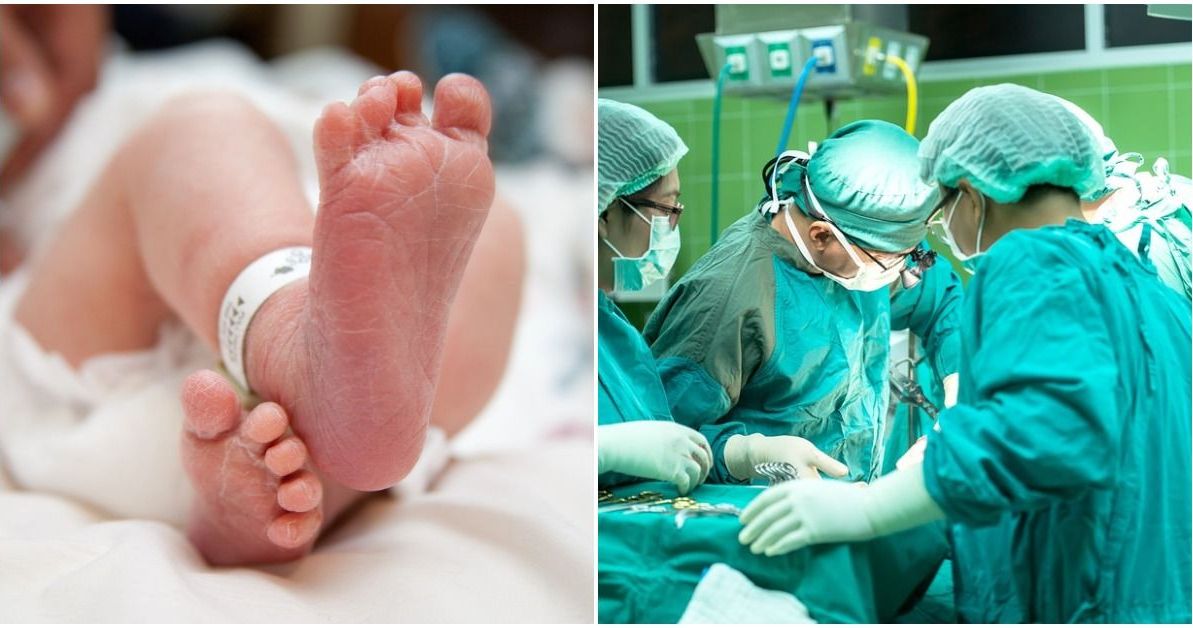A Brazilian woman is bonding with her happy, healthy daughter almost a year after she was born. And doctors around the world are marking this little girl's first birthday.
What makes it so special? Just a few short years ago it would have been impossible, since the young mother did not have a functioning uterus.
The 32-year-old patient suffered from a rare genetic disorder called Mayer-Rokitansky-Kí¼ster-Hauser syndrome (MRKH), which caused her uterus not to develop.

In recent years, a small number of patients either born without wombs, or who could not conceive children with their own, have received uterus transplants from live donors - usually close friends or family members.
But in the Brazilian woman's groundbreaking case, her new uterus was actually donated from a deceased donor, then used to successfully conceive and carry the child born last year.
Brazilian doctors managed to succeed where 10 other medical teams had failed in previous attempts at the same procedure.
A study of the woman's case, published in the Lancet, reveals the patient received her new organ from a deceased 45-year-old woman in a 10-hour surgery, then took special medication to keep her body from rejecting the uterus.

Just seven months after the operation, doctors were able to begin in vitro fertilization, using the patient's own eggs harvested before her transplant surgery. Luck was on her side, as she became pregnant after the first transfer.
Doctors say the woman had a healthy and fairly typical pregnancy, before giving birth via c-section to a six-pound baby girl last year.
The one added hitch was that doctors removed the transplanted uterus following her c-section, which allowed her to stop taking the anti-rejection medication.
The news opens the door for patients who are normally unable to bear children - after hysterectomies, or because they suffer from diseases like cancer - to receive a uterus transplant and carry their own child.

Doctors said in the study that the woman felt "fulfilled" by the chance to carry and deliver her own daughter in spite of her condition.
In America alone, about 10% of women have some difficulty becoming or staying pregnant, according to the CDC. If uterus transplants ever become a run of the mill procedure, it could change the lives of many, many would-be parents.

